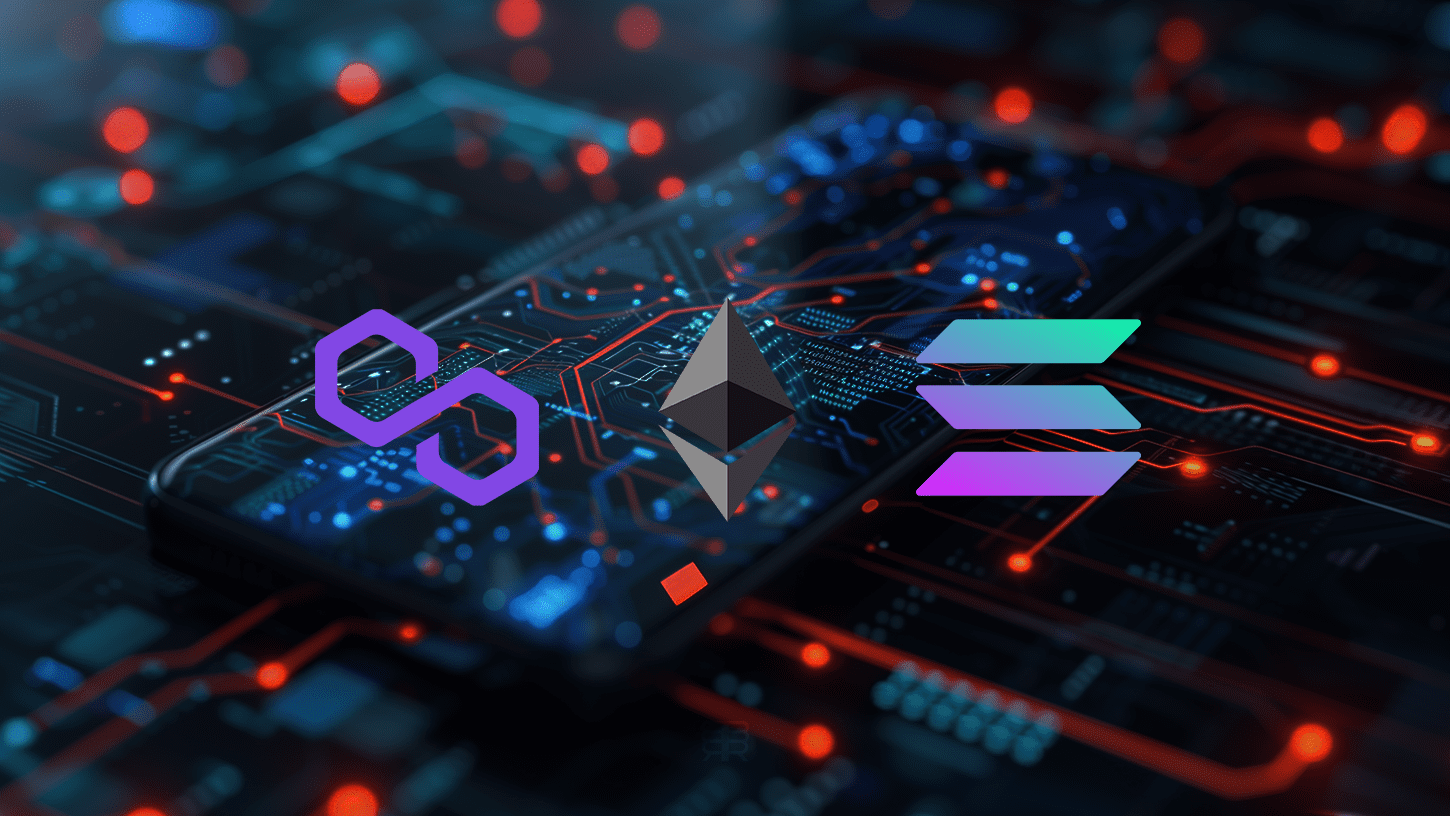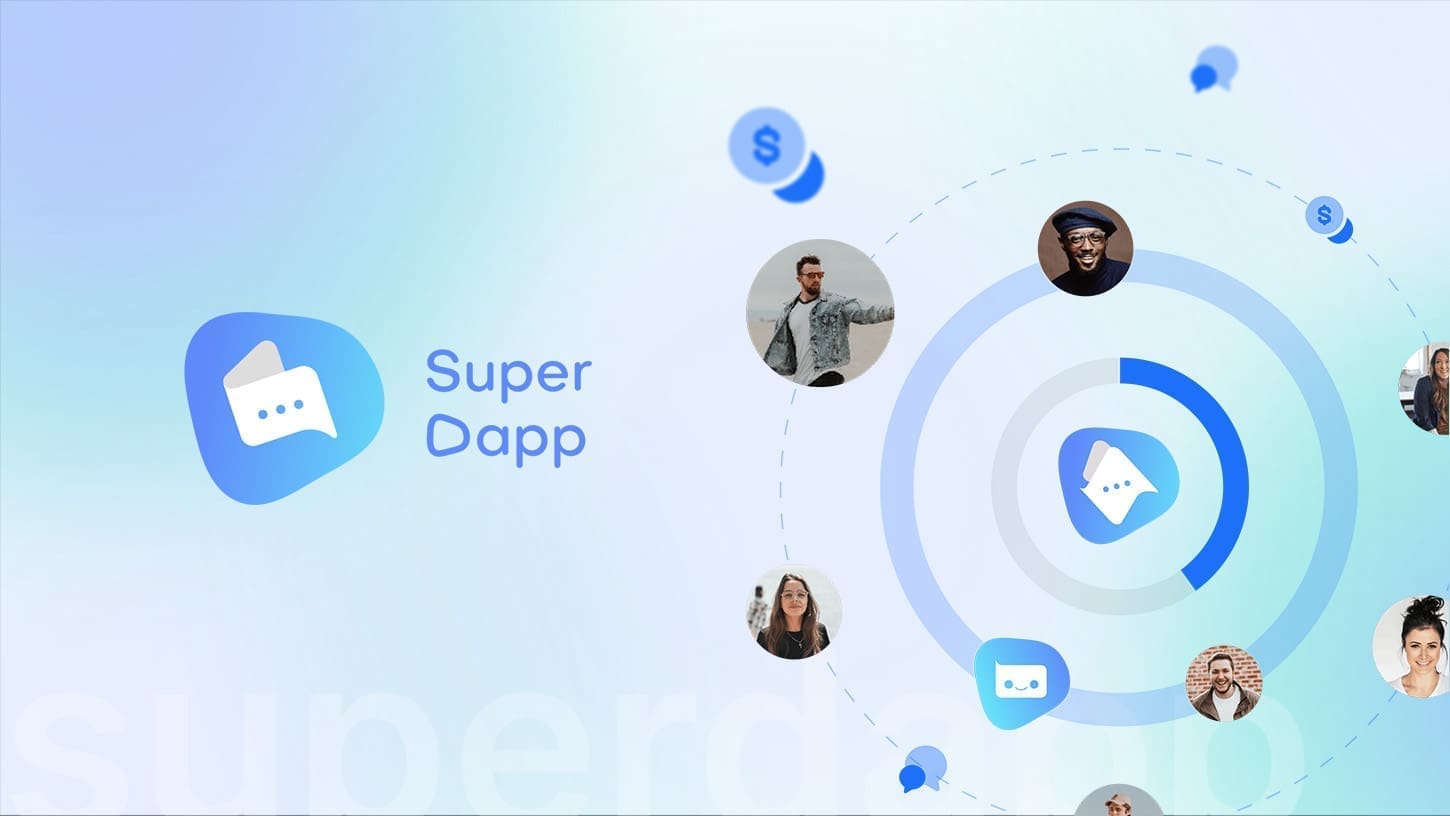Forget APIs – AI Can Now Use the Web Just Like You. What Comes Next?

The Future of AI-Powered web automation is here
For years, AI has been limited by APIs, needing structured access points to interact with the web. What if AI could navigate the internet just like a human? Click, scroll, type, and complete tasks—all without needing direct backend integrations.
That’s exactly what OpenAI’s latest AI agent, Operator, brings to the table. It’s an AI that doesn’t just process information but acts on it.
Currently available as a research preview for OpenAI Pro users in the U.S., Operator is designed to complete tasks by visually interacting with web pages, filling out forms, booking appointments, and even making online purchases.
But how does this compare to traditional web crawlers, scrapers, and automation bots? Will Google and other search engines need to rethink how they track and rank activity? And will websites try to block this new form of AI engagement?
Let’s explore the potential impact of AI-driven web automation and how it could reshape the future of search, SEO, and digital business models.
How Operator is different from traditional web crawlers
For decades, websites have been scanned, indexed, and scraped by web crawlers and bots like Googlebot, Bingbot, and various automation tools used for data mining and search engine optimization.
But Operator takes an entirely different approach. It doesn’t just read the web, it interacts with it dynamically, just like a human would.
Comparison: Operator vs. Web Crawlers & Bots
| Feature | Traditional Web Crawlers & Bots | OpenAI’s Operator |
|---|---|---|
| How It Accesses Websites | Uses structured APIs, XML sitemaps, and HTML parsing. | Visually interacts with web pages like a human-clicking, scrolling, and typing. |
| Interaction Type | Passive data extraction (reading and indexing content). | Active engagement (completing tasks, filling forms, making transactions). |
| Usage Cases | SEO indexing, data scraping, analytics. | Task automation, AI-driven assistants, workflow optimization. |
| Website Restrictions | Can be blocked using robots.txt, CAPTCHAs, or anti-bot tools. | Harder to block because it mimics real human behavior. |
| Impact on Search Engines | Powers search rankings, provides structured data for indexing. | Could disrupt search by completing actions directly instead of displaying links. |
| Security Concerns | Can scrape content without permission, used for data mining. | Potential risks include impersonation, fraud, and unauthorized access. |
| Speed & Efficiency | Fast, processes millions of pages in minutes. | Slower due to real-time interaction and execution. |
Key Takeaways:
- AI is no longer just a passive observer, it’s an active participant.
- Unlike crawlers, Operator doesn’t just retrieve data, it completes tasks.
- Blocking it may be more difficult than blocking traditional bots.
Will websites try to block Operator?
With an AI that acts like a real user, website owners face a new challenge. How do you distinguish between a human and an AI agent when they behave identically?
Here’s how websites might try to prevent AI-driven browsing:
- CAPTCHAs & Bot Protection: Many sites already use CAPTCHAs to verify human users, but as AI vision improves, these may become less effective.
- Behavioral Detection: AI interactions tend to be too perfect, with consistent clicking speeds and pixel-perfect scrolling, making it easier for sites to detect and block them.
- Terms of Service Enforcement: Websites may explicitly prohibit AI-driven access in their terms, as seen with companies restricting OpenAI’s GPT models.
- Advanced AI Evasion: Operator could adapt dynamically to these restrictions, making detection an ongoing cat-and-mouse game between AI and website security teams.
The question remains: Will businesses embrace AI-driven automation, or will they fight back to protect their ecosystems?
Will search engines need to rethink how they track the web?
If AI doesn’t just retrieve data but completes actions, what happens to traditional search engines like Google and Bing?
Traditional search assumes users want links and summaries, but what if an AI finds and executes the solution for you?
For example:
- Instead of searching for flights, AI books them for you.
- Instead of finding a recipe, AI orders the ingredients directly.
- Instead of reading reviews, AI compares, selects, and purchases products based on your preferences.
How AI may disrupt search models
- From Queries to Actions: Instead of showing links, AI will do the work, which could reduce search traffic for websites.
- The Rise of AI-Powered Search Assistants: Google and Bing may need to integrate AI task completion instead of relying solely on traditional search results.
- New SEO Challenges: Businesses may need to optimize for AI-driven interactions rather than just search rankings.
- Will Google Create Its Own AI Agent? If AI like Operator proves successful, Google may need to launch a similar AI-powered browsing assistant to stay relevant.
Could this signal the beginning of the end for traditional search engines?
The Bigger Picture: AI, Automation, and the Future of Web Interaction
AI-powered agents like Operator represent a paradigm shift in how we use the internet. Instead of browsing manually, users will have AI handle tedious tasks, transactions, and digital workflows.
What comes next?
- AI as a Digital Assistant: Instead of apps, users may rely on AI to run errands, schedule tasks, and manage their digital lives.
- A Redefined Web Economy: Businesses may need to adjust how they monetize content if AI interactions replace traditional browsing.
- A New Age of Personalization: AI will learn user habits, preferences, and patterns, creating a more intuitive and efficient web experience.
Final thoughts: A new internet is emerging
We are witnessing the dawn of a new AI-driven internet, where search engines, websites, and businesses must adapt to AI that doesn’t just retrieve information but acts on it.
As AI-powered automation becomes more widespread, the web may shift from a search-and-browse model to a task-driven, AI-optimized experience.
Will AI enhance user convenience or disrupt the balance of the internet as we know it? Only time will tell.






